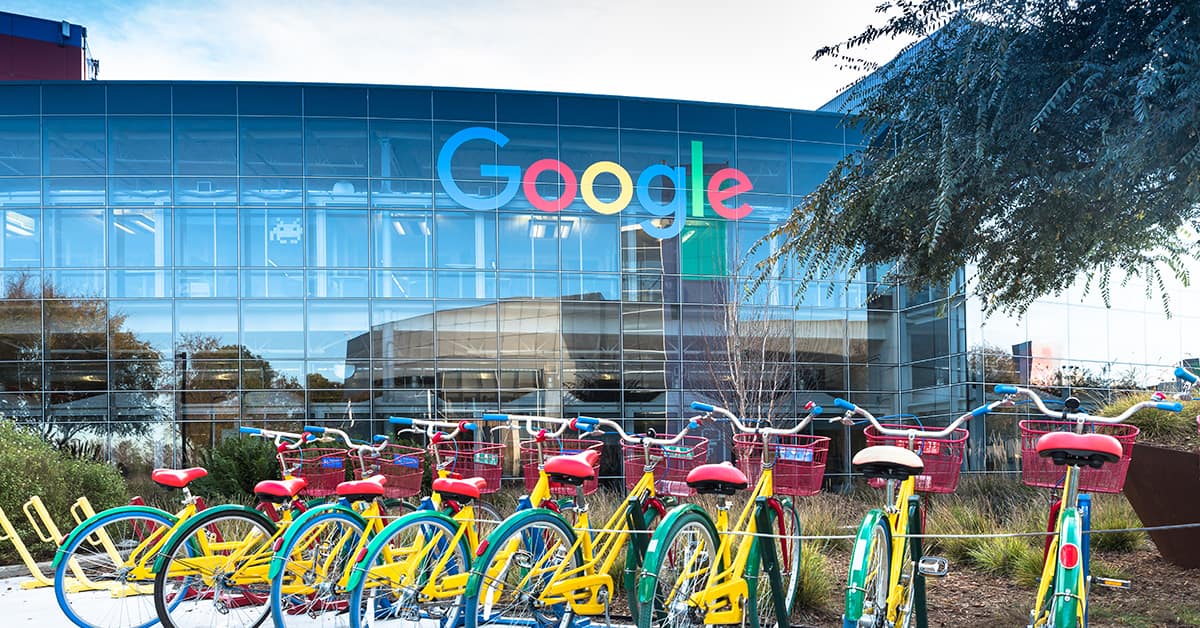U.S. Department of Justice alleges Google violated anti-trust laws.

A market valuation of over $1 trillion, an 80% share of the US internet search market—and now, a blockbuster lawsuit unlike any the tech industry has seen in decades: Google, for better or worse, has roused afresh US passion for antitrust action.
According to a complaint filed by the US Department of Justice last month, the giant search engine provider engaged in illegal anticompetitive behaviors to protect its monopoly in search and advertising. Google called the lawsuit “dubious,” arguing that consumers can easily switch to other comparable services. Yet, while the case could take years to reach conclusion, the DOJ action might result in Google being restructured or broken up.
“The lawsuit is a landmark case and has the potential to shape competition in digital markets for years to come,” says Pinar Akman, Professor of Law at the University of Leeds and director of the Jean Monnet Centre of Excellence on Digital Governance. “The complaint is fairly broad and multi-dimensional, but essentially it boils down to the argument that through exclusionary agreements and other practices, Google monopolized search access points and foreclosed competition on the general search and search advertising markets,” says Akman.
The last antitrust case of comparable significance against a tech company came in 1998, when Microsoft was charged with preventing consumers from installing the once-dominant Netscape browser on Windows computers, leading to the financial collapse of its rival. While Microsoft avoided division into separate entities, it was forced to open its operating system to third-party software, a judgment that paved the way for the rise of other players in the digital space, including Google.
Similarly, while Google might be able to avoid dramatic impositions, it is unlikely to emerge from the lawsuit completely unscathed. The case strikes at the heart of the company’s business model, Akman warns: “If successful, it will have important implications not only for Google but also for its rivals and business partners, including some of the world’s largest mobile phone manufacturers.”
Most importantly, the ruling could redefine how US courts view “consumer welfare” in antitrust cases. Hundreds of millions of internet users across the globe could feel the effects.



